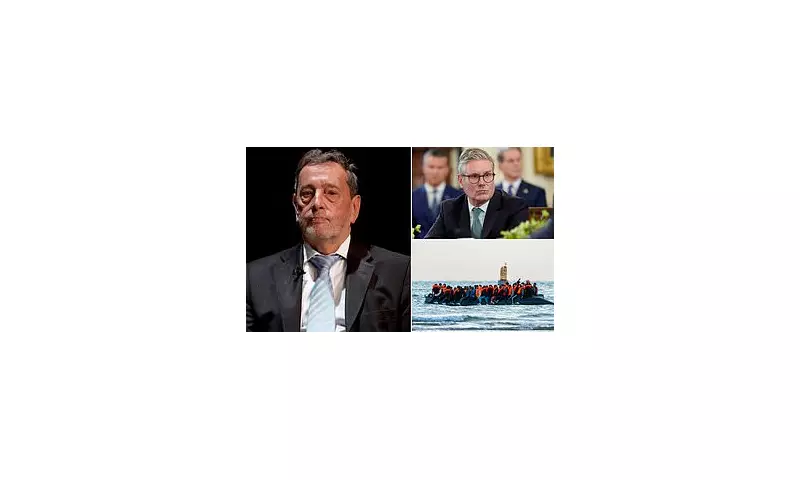
In a dramatic intervention into the UK's escalating migration debate, former Labour Home Secretary Lord David Blunkett has issued a stark challenge to Sir Keir Starmer. He demands the Labour leader commit to a radical plan: temporarily suspending the UK's obligations under the European Convention on Human Rights (ECHR) to deport thousands of failed asylum seekers.
The bold proposal, outlined in the Daily Mail, is framed as a necessary and immediate measure to "get a grip" on the deepening crisis and clear the massive backlog of cases. Lord Blunkett, a respected voice on security and migration, argues that decisive action is needed to restore public confidence and secure the UK's borders.
A Crisis Demanding Radical Solutions
Blunkett's call to action comes amid record numbers of small boat crossings and a strained asylum system costing taxpayers billions annually in accommodation costs. He contends that the current legal framework, particularly the ECHR and the Human Rights Act, is being exploited to block the removal of individuals whose claims have been rightfully rejected.
His solution is to adopt a temporary and targeted approach, similar to the model used by the Spanish government when dealing with mass influxes from North Africa. This would allow for the rapid processing and removal of individuals without legitimate claims, bypassing what he sees as endless legal appeals.
The Political Challenge for Starmer
This puts immense pressure on Sir Keir Starmer, who has sought to position Labour as the party of competent and controlled governance. Blunkett's advice is a direct appeal to the leadership to adopt a tougher, more pragmatic stance on immigration, an issue that continues to dominate political discourse.
Accepting such a policy would represent a significant shift for the Labour Party and would inevitably draw criticism from its own left wing and human rights organisations. However, ignoring it risks appearing weak on an issue that voters consistently rank as a top priority.
The former Home Secretary's message is clear: to win and maintain trust, the government must demonstrate an unwavering commitment to controlling who enters and remains in the country, even if it means confronting international legal conventions head-on.





